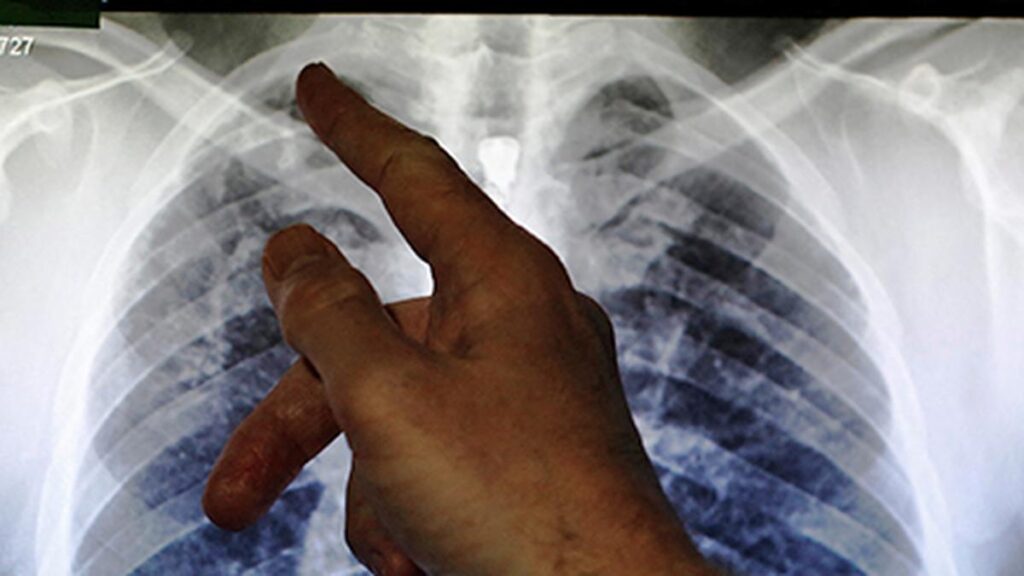970x125
Image for representation only
| Photo Credit: Reuters
970x125
In a bid to tackle the challenge of delays in identifying persons with presumptive Tuberculosis (PwTB), the Maharashtra health department has asked medical colleges to incorporate Active Case Finding (ACF) activities into the Family Adoption Programme (FAP) of medical colleges.
Active Case Finding (ACF) is one of the strategies used by the National Tuberculosis Elimination Programme (NTEP) to detect missing PwTB.
Dr. Sandeep Sangale, Joint Director of Maharashtra State Health Services (TB and Leprosy) department, issued a notice directing colleges and universities to integrate TB screening activities into the FAP, asking that reports of collected data be sent to respective District TB officers for further integration into the NTEP.
The move comes after Bharati Vidyapeeth Medical College in Maharashtra’s Pune and the District TB Unit ran a pilot programme in rural Pune villages, integrating ACF activities, including community screening for TB through door-to-door visits. The team, including Swathi Njarekkattuvalappil, Saibal Adhya, and Sanjivani Patil from Bharati Vidyapeeth Medical College and Sanjay Darade from Pune District TB centre, wrote a proposal to the State Health Department for ACF integration.
According to the proposal, Maharashtra state has around 80 medical colleges (government and private/deemed) with a yearly intake of an average of 150 students each, with each student allotted 5 households for follow-up over the next 3 years under FAP. With this integration of TB care with FAP, students can screen a cohort of 60,000 households (approximately 2,40,000 individuals) across the state each year and continue their follow-up for at least the next 3 years.
“The pilot programme was about providing hands-on experience to detect presumptive TB in individuals for early-stage treatment. This was more about training MBBS students to ask the right questions and detect symptoms for further diagnosis,” said Ms. Njarekkattuvalappil.
The pilot programme was implemented in September last year, with five batches of 30–35 MBBS students each working in four villages, including Bhukum and Ambarwet grampanchayats of Pune’s Paud, where active case finding was conducted. At least 959 individuals were screened, with 10 identified as having presumptive TB. The authors selected Paud because it reported 1,057 cases of TB (13% of total notified cases from Pune Rural) in 2022, the second highest among the 14 TUs constituting Pune rural district.
Maharashtra is among the leading contributors to the country’s TB burden; it reported about 2.34 lakh cases in 2022, about 10% of total notified cases in India. Almost 64% of the symptomatic population in India do not seek healthcare, mainly due to ignoring symptoms and lack of awareness.
Speaking to The Hindu, Ms. Njarekkattuvalappil said, “Now that the government has issued a notice for integration, we will be holding meetings next week with medical deans, directors and district medical officers to explain the process and share all important aspects of the study, including the questionnaire.”
Published – August 16, 2025 09:08 am IST
970x125

